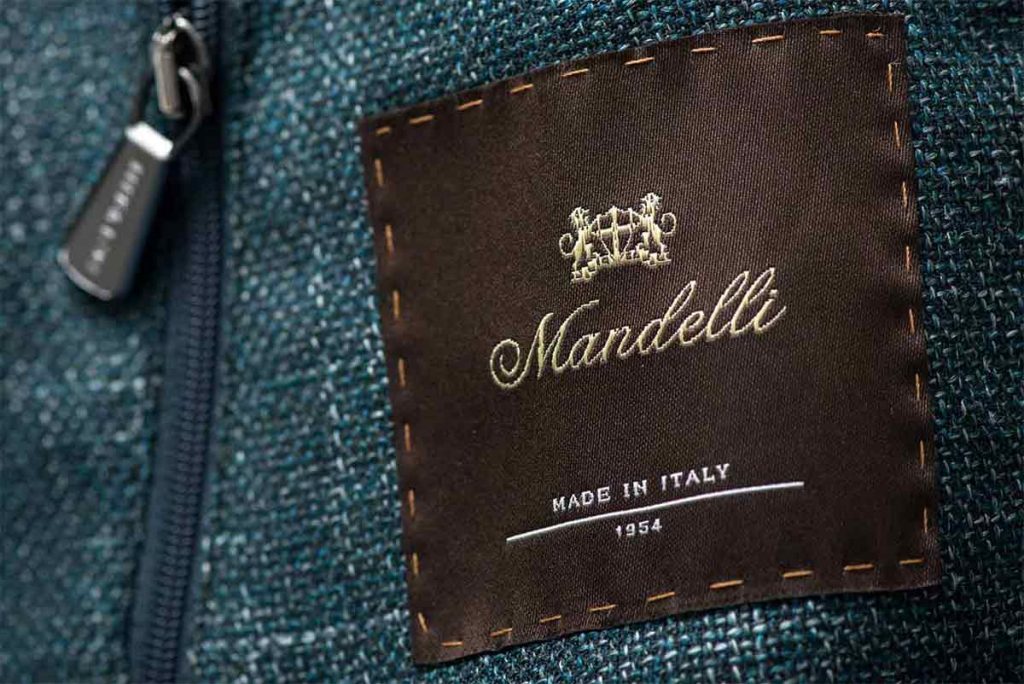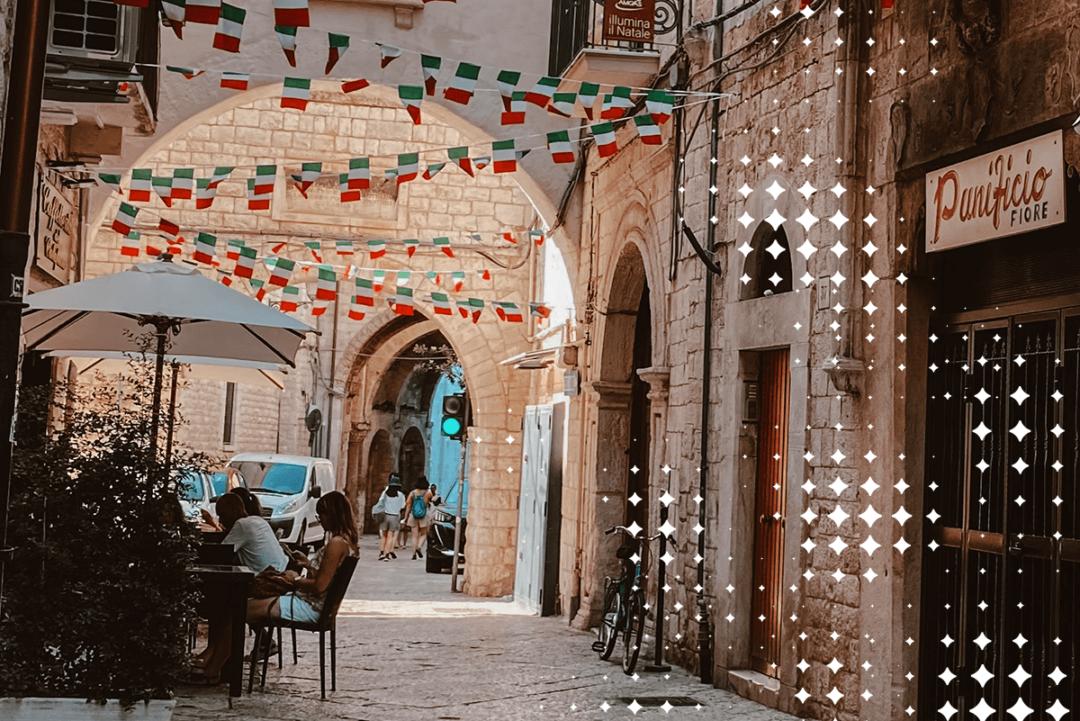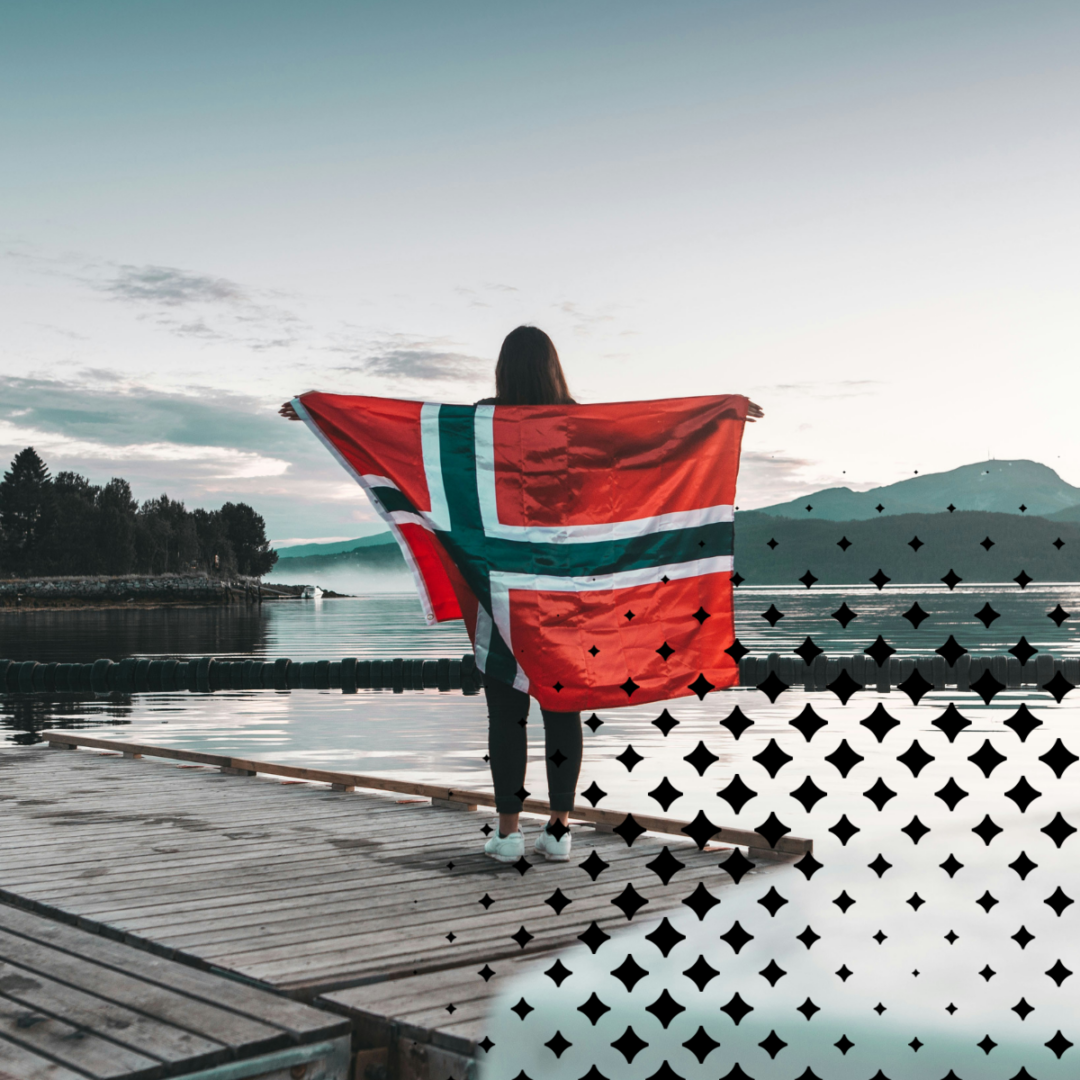The Rising Importance of “Made in” Labels: A European Perspective
- IP & Trademarks

When consumer choices are increasingly driven by a desire for authenticity, quality, and sustainability, the significance of "Made in" labels cannot be overstated.
The value of a "Made in" label is undeniable with many consumers buying products based on a country's reputation for producing certain products and goods. For example, several studies have shown that the value-added generated by the specific country brand can represent as much as 20% of the sale price for certain products – and as much as 50% for luxury items – compared to comparable goods from other origins. Services are also affected.
However, since the value of a country label is much coveted, it is also often misused, both nationally and internationally, which damages its credibility. To protect the value-add of product made in a specific country and the use of the relevant flag, several countries have launched new regulations along with specific criteria to safeguard and enhance the value of their "Made in" brands.
We have highlighted 3 European countries below that have taken this step to ensure their protection is reinforced:
Key provisions and regulations shaping Italy's cultural and industrial heritage

Italy, renowned for its artisanship and luxury goods, has recently enacted legislation aimed at combating counterfeiting and protecting genuine Italian products. The law, introduced in 2023, encompasses a range of provisions, including:
- Legal Protection: Articles 49 to 56 introduce measures to combat counterfeiting and protect genuine Italian products. These include enhanced penalties for counterfeit goods.
- Education and Training: Article 50 focuses on specialised training for legal professionals in anti-counterfeiting efforts, ensuring expertise in the field.
- Penalties: Article 51 increases the consequences for purchasing and importing counterfeit goods, discouraging engagement with fake products.
- Wider Scope: Article 52 extends the offense of selling counterfeit goods to those possessing them for sale, aligning with international standards.
- Efficient Handling: Articles 53 and 54 streamline the inventory and destruction processes for seized counterfeit items, reducing the burden of custody.
- Undercover Operations: Article 55 expands the use of undercover operations to fight counterfeiting.
- Balanced Approach: Article 56 considers cooperation from foreign nationals in counterfeiting cases when making decisions regarding residence permits.
This law underscores Italy's commitment to preserving its unique cultural and industrial heritage while meeting the challenges of the modern world.
Norwegian Minister of Trade and Industry launched a significant national trade mark initiative under the “Made in Norway” label
Norway, known for its commitment to sustainability and innovation, has launched its own national trade mark initiative under the "Made in Norway" label.
Beyond being a mere indication of origin, this label represents a commitment to sustainability, quality, and innovation.

Products carrying this brand are not just produced in Norway but also align with at least one of the UN's Sustainable Development Goals. The "Made in Norway" label is on track to become a protected trade mark for certain Norwegian exports.
It is designed to enhance the perceived value of Norwegian products in global markets, with the hope of buyers being more willing to purchase authenticated Norwegian-goods. The initiative has been eagerly anticipated by Norwegian businesses and has been developed in response to in-depth interviews and quantitative tests with 200 Norwegian companies across various sectors.
The 2017 regulation on the use of the indication of “Swiss” provenance protects the value-added generated by the Swiss brand

Switzerland, renowned for precision engineering and excellence, has long been synonymous with quality craftsmanship. The country's "Swissness" legislation, enacted in 2017, sets stringent criteria for products and services to bear the Swiss label.
From natural products to industrial goods, specific requirements ensure that Swiss-made products meet rigorous standards of authenticity and quality. Additionally, special regulations for sectors like watches and cosmetics further underscore Switzerland's commitment to upholding its reputation for excellence.
Key Takeaways
These examples illustrate a broader trend across Europe, where countries are proactively protecting and promoting their "Made in" labels. Beyond mere indicators of origin, these labels embody a legacy of craftsmanship, innovation, and quality that resonates with consumers worldwide. As consumers increasingly prioritise authenticity and sustainability in their purchasing decisions, the value of "Made in" labels will continue to grow, driving demand for products that reflect the unique identity and heritage of their country of origin.
Contact us!
Do you need consulting, advice, or legal services? Get in touch, and we'll assist you.


